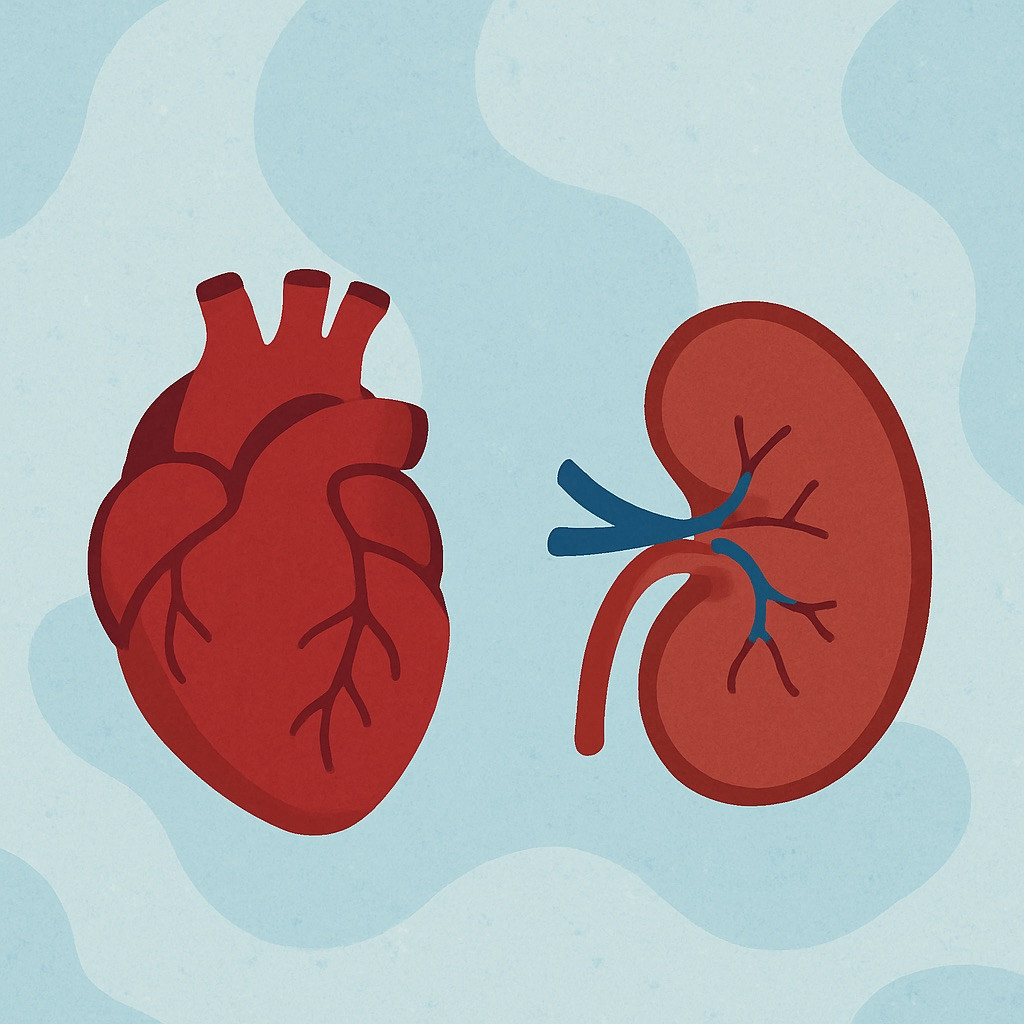Understanding the New CKM Health Model: What It Means for Patients Like Me

It used to feel like a never-ending balancing act to manage my health—solving one problem just to have another one appear out of the blue. It was my blood pressure one month, then my blood sugar the next, and then all of a sudden a kidney figure I had never heard of before. I had to switch between specialists while attempting to interpret a confusing array of test data. When my doctor introduced me to “CKM” during my most recent appointment, everything changed. I didn’t know what the letters meant at first. However, as she went on, I became aware that this new method was changing how we think about metabolic, kidney, and heart health. Things began to make sense for the first time, and I suddenly felt less overwhelmed by the task of controlling my health. This is much more complex than I had anticipated, and it may also be the game-changer you’ve been looking for.
For years, I considered my blood pressure to be only about my arteries, my blood sugar to be something else entirely, and my cholesterol to be a “heart” issue. However, the Cardiovascular-Kidney-Metabolic health model, or CKM model, makes all of these connections. The others may become unbalanced if one is off-balance. Kidney problems can strain your heart, high blood sugar can harm your kidneys, and so on. Like a line of dominoes, everything is connected.
I’m accustomed to worrying about both because diabetes and heart disease run in my family. However, my bloodwork from the previous year revealed that my kidney function was also a little abnormal. That served as a reminder. According to my doctor, the new way of thinking is to look at the big picture and stop issues before they arise, rather than treating each problem separately.
She said the CKM approach means:
- More regular checks of my kidney numbers, not just cholesterol and blood sugar.
- Medications or lifestyle changes that help more than one thing at a time, like certain blood pressure pills that also protect the kidneys.
- Focusing on prevention—catching little changes early, instead of waiting until something goes really wrong.
I now pay closer attention to all of my numbers, not just the ones that used to scare me, after learning about CKM. I aim to consume less salt and more fibre because it’s good for the kidneys and heart. I also make sure to do my labs on time. At my appointments, I also ask more questions, such as “How does my blood sugar affect my heart?” or “Will this medication help my kidneys too?”
Don’t ignore your doctor if they bring up CKM! Find out for yourself what it implies. It’s a method to keep ahead of issues and take better care of oneself, not just another medical jargon term. All things considered, even minor adjustments can have an impact.
Anyone else here been told about the CKM model? How has it changed your approach? I’d love to hear what others are doing to keep all these parts working together


Responses